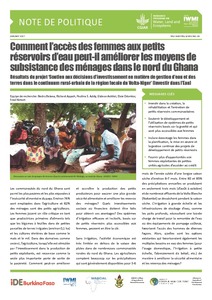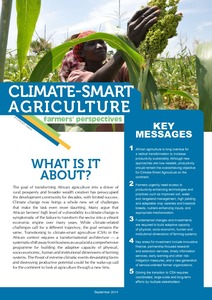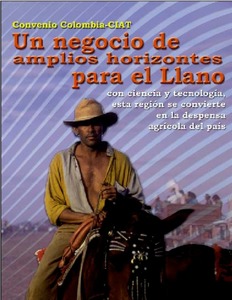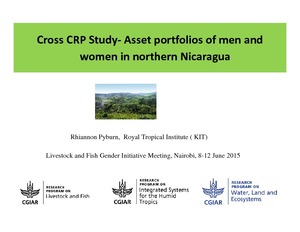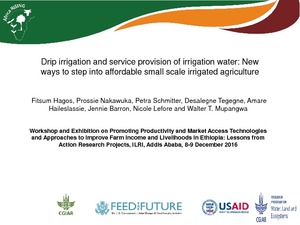Commercialising organic agriculture. Does it improve household food security? A case study from south-western Uganda
Climate Smart Agriculture in the African Context
Agriculture remains vital to the economy of most African countries and its development
has significant implications for food security and poverty reduction in the region. Increase
in agricultural production over the past decades has mainly been due to land area expansion,
with very little change in production techniques and limited improvement in yields.
Currently one in four people remains malnourished in Africa. CSA integrates all three dimensions of sustainable development and is aimed at (1)
Climate-Smart Agriculture: Farmers' Perspectives
Transitioning to climate-smart agriculture (CSA) in the African context requires a transformational architecture — a systematic shift away from business as usual and a comprehensive programme for building the adaptive capacity of physical, socio-economic, human and institutional dimensions of farming systems. Manyewu Mutamba of the Southern African Confederation of Agricultural Unions (SACAU) and Mainza Mugoya of the Eastern Africa Farmers Federation (EAFF) argue that African agriculture is long overdue for a radical transformation to increase productivity sustainably.
Convenio Colombia-CIAT : Un negocio de amplios horizontes para el Llano, con ciencia y tecnología, esta región se convierte en la despensa agrícola del país
Cross CRP Study: Asset portfolios of men and women in northern Nicaragua
Durabilité du système pastoral sénégalais dans un contexte d’innovation (LDB)
PROMISED LAND: Competing Visions of Agrarian Reform
Agrarian reform is back at the center of the national and rural development debate, a debate of vital importance to the future of the Global South and genuine economic democracy. The World Bank as well as a number of national governments and local land owning elites have weighed in with a series of controversial policy changes. In response, peasants landless, and indigenous peoples’ organizations around the world have intensified their struggle to redistribute land from the underutilized holdings of a wealthy few to the productive hands of the many.
Cultivating Gender Justice
This Backgrounder is the first in a multi-authored series on Cultivating Gender Justice. In this series, we seek to uncover the structural foundations of sexism in the food system and highlight the ways people, communities, organizations, and social movements are dismantling the attitudes, institutions, and structures that hold patriarchy in place. To end hunger and malnutrition, we must end injustices in the food and agriculture system.
Economic benefits of climate-smart agricultural practices to smallholder farmers in the Indo-Gangetic Plains of India
Small landholders can implement a range of climatesmart agricultural (CSA) practices and technologies, in order to minimize the adverse effects of climate change and variability, but their adoption largely depends on economic benefits associated with the practices. To demonstrate the potential economic benefits of CSA practices, we conducted a study with smallholder farmers in the Indo-Gangetic Plains (IGP) of India.

